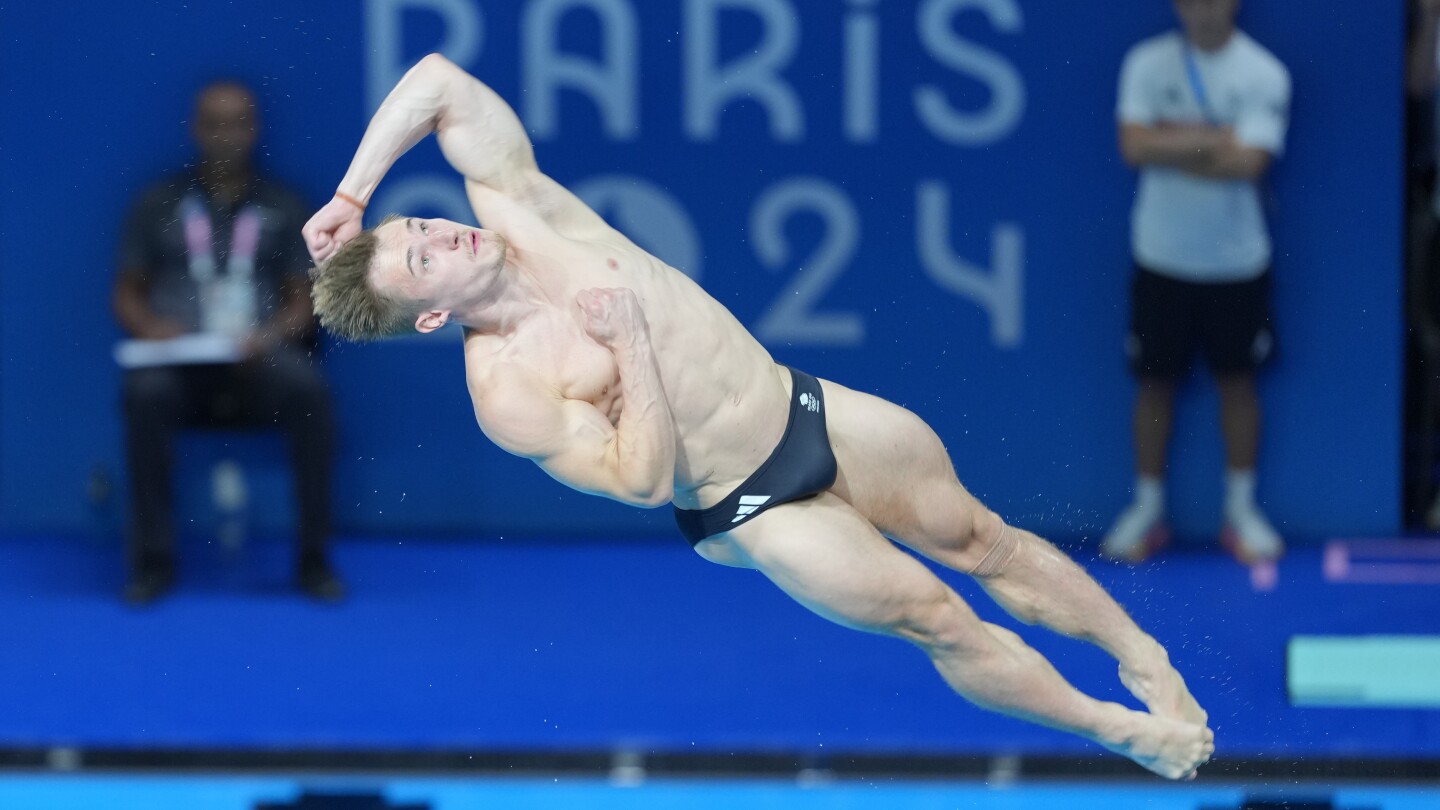- Joined
- Apr 30, 2005
- Messages
- 34,567
The Olympics and NBC/Peacock use the athletes to pull in tons of money, but what do most athletes get?
Zip.
I think this is sad athletes have to make ends meet by selling monthly subscriptions to drool (and who knows what else?) over those perfect bodies.

 apnews.com
apnews.com
Zip.
I think this is sad athletes have to make ends meet by selling monthly subscriptions to drool (and who knows what else?) over those perfect bodies.
Olympians are turning to OnlyFans to fund dreams as they face a 'broken' finance system
Dire financial straits are leading droves of Olympic athletes to sell images of their bodies to subscribers on OnlyFans — known for sexually explicit content — to sustain their dreams of gold at the Games.
Last edited:







300x240.png)